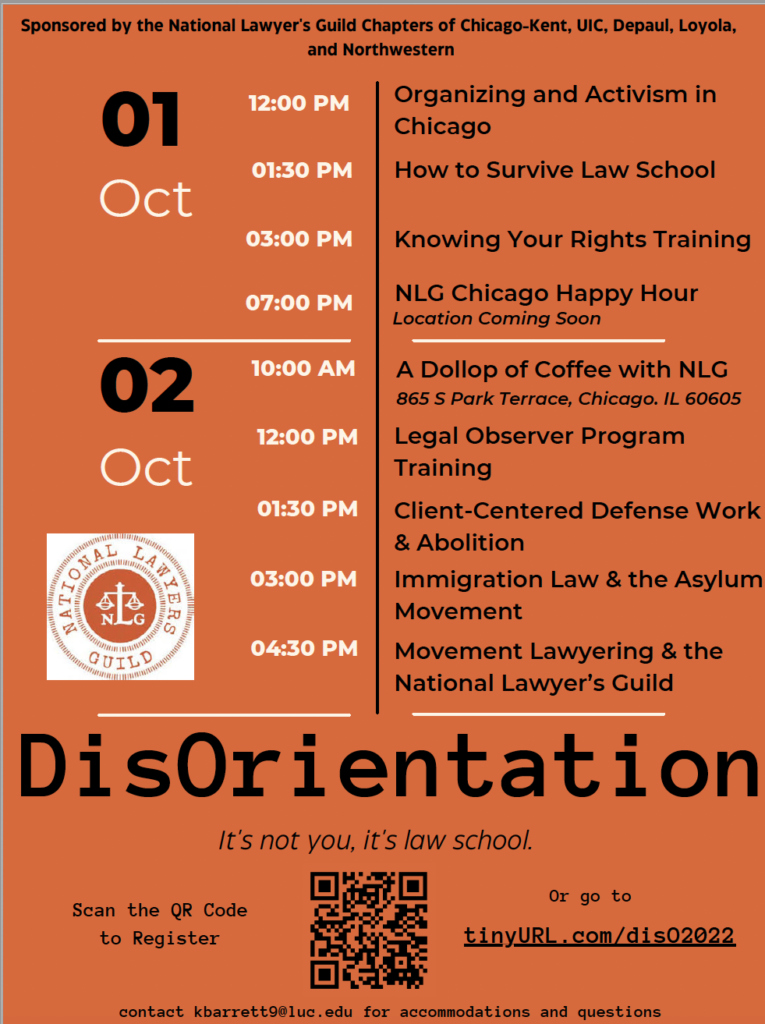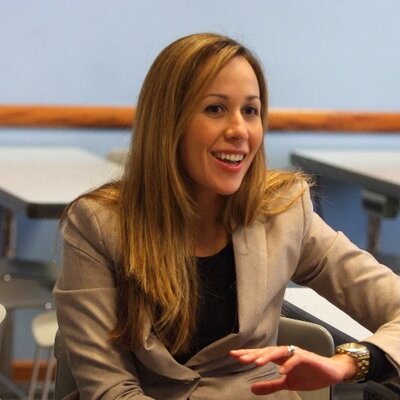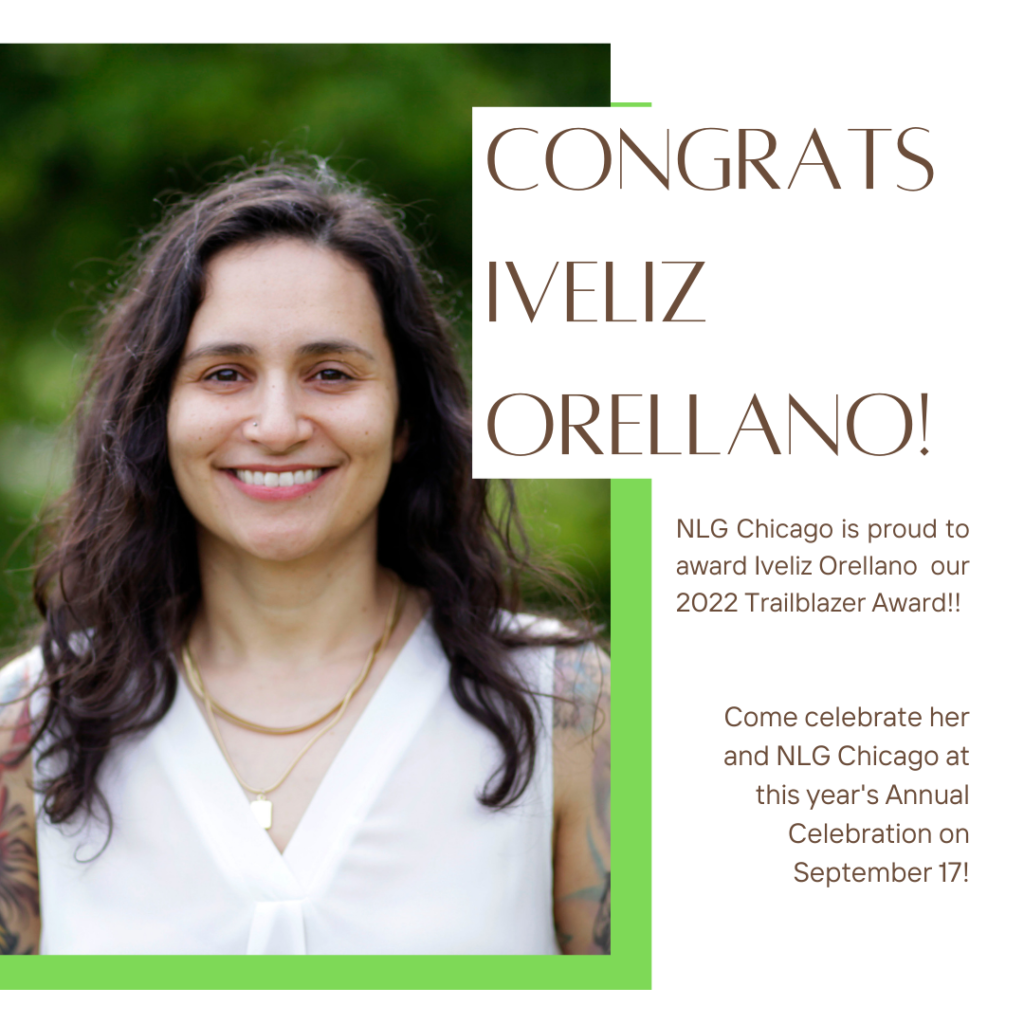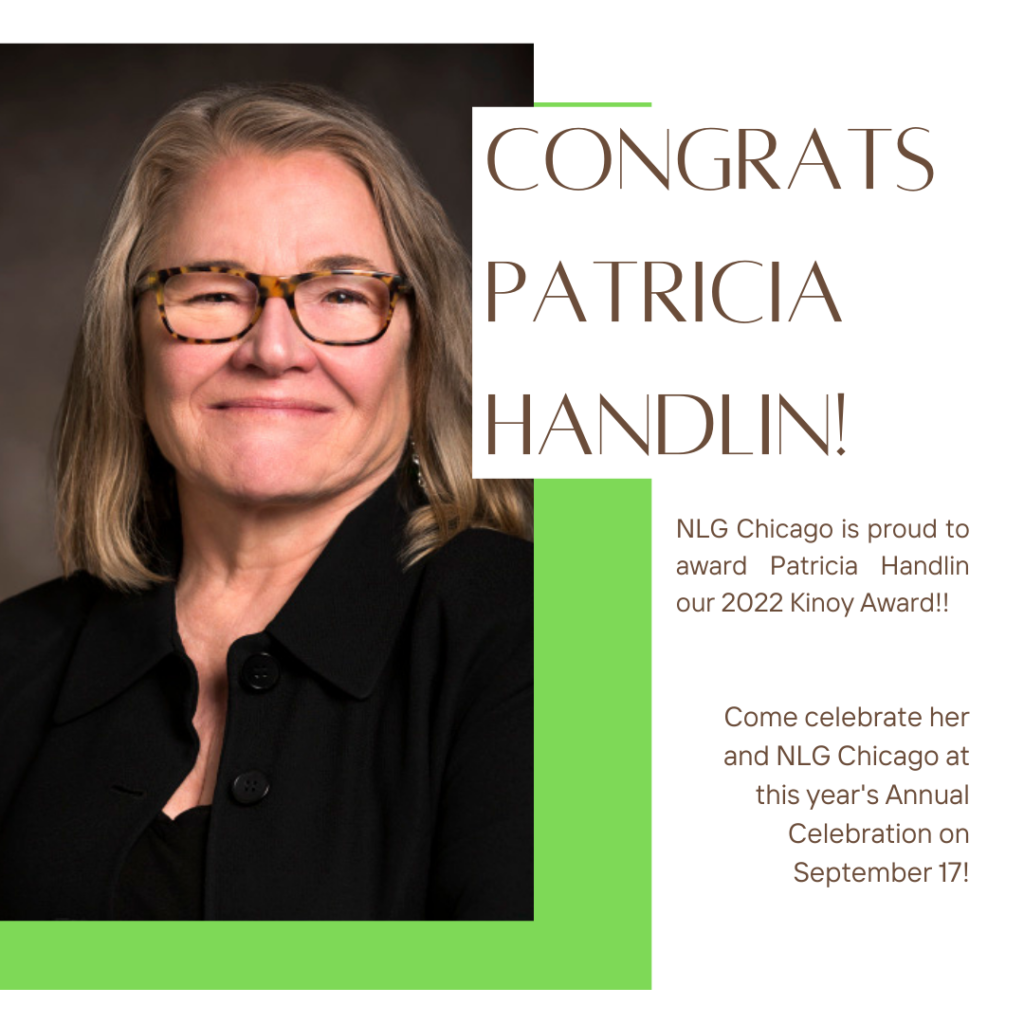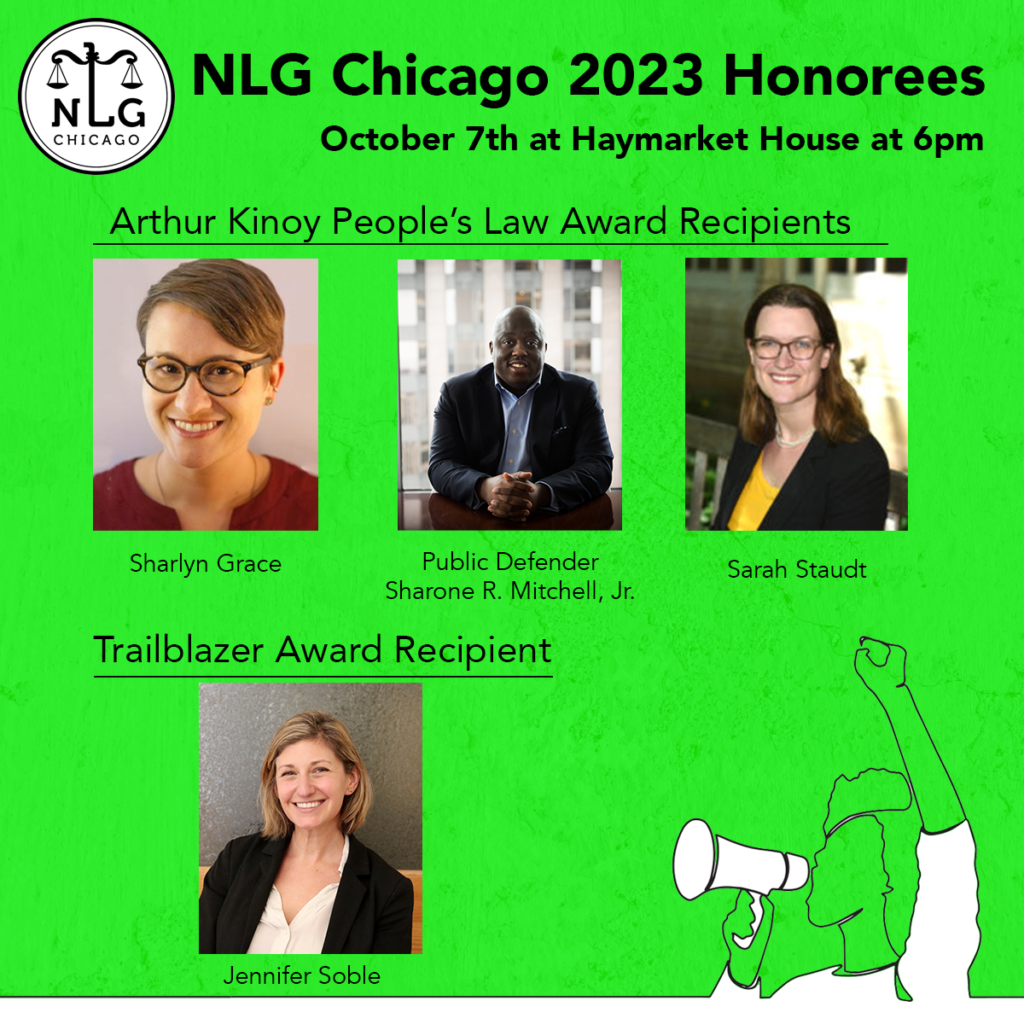
We are so happy to share that at this year’s annual celebration, NLG Chicago will be honoring, not one, not two, but four incredible movement lawyers!
NLG Chicago is thrilled to be honoring Cook County Public Defender Sharone R. Mitchell, Jr., Sharlyn Grace, and Sarah Staudt with the Arthur Kinoy People’s Law Award for their work on the Pretrial Fairness Act. Working alongside dozens of community organizations in the Illinois Network for Pretrial Justice, these three movement lawyers led the policy team that will make Illinois the first state in the country to end the use of money bond!
We are also excited to honor Jennifer Soble with the Trailblazer Award for her amazing work as the founder and Executive Director of the Illinois Prison Project! Since starting the organization in 2019, Jennifer has led IPP’s work in freeing more than 100 people from the Illinois Department of Corrections, saving these individuals from more than 1,000 years of incarceration.
We hope that you’ll join us on October 7th at Haymarket House to honor these incredible movement lawyers!
Accessibility: in support of disability justice and to help stop the spread of COVID, we are planning to host this event outdoors. If the weather does not cooperate, we will move the event indoors, require masks, open windows, and run air purifiers.
